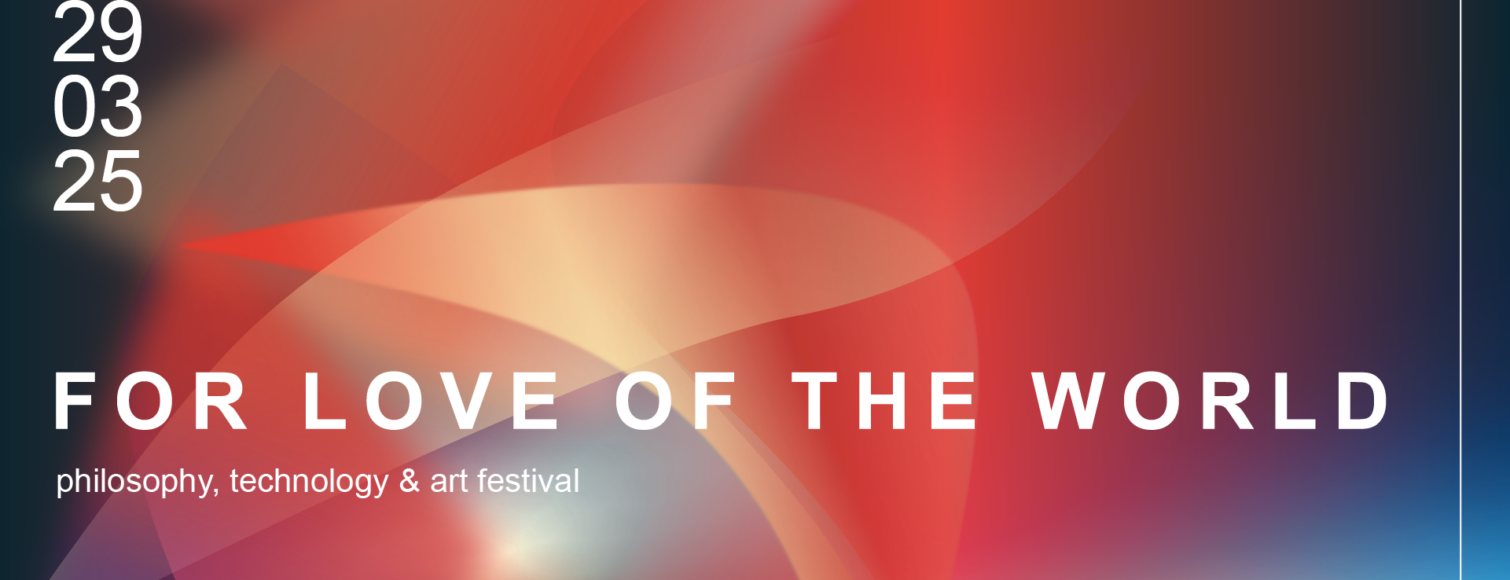“Love takes off the masks that we fear we cannot live without but know we cannot live within,” writes essayist and civil rights activist James Baldwin in The Fire Next Time. This statement comes from a time of great social upheaval in the United States, the early 1960s. It was a period marked by political assassinations, the fight for civil rights, and the rise of violence and polarization. Baldwin asks the question: why would love be an answer in times when hatred and self-glorification dominate? It is a question that, although circumstances change, remains ever-relevant.
Baldwin’s concept of love is not merely the personal emotion but a broader ‘state of being’, a force that invites us to look beyond our outward protective mechanisms—the masks we wear to be accepted or avoid pain. Yet, it is these very masks that keep us trapped, preventing us from growing. The love Baldwin speaks of is not simple, sentimental love but one that challenges us, even in difficult times, to rise up and free ourselves from what holds us back.
This love is political and – in a good sense – radical. It is not the love for friends or family, but a broader love that challenges the foundations of society. The idea of universal brotherhood, where everyone is welcomed regardless of background or status, has driven people throughout history to resist injustice and tyranny. We see this echoed in early Christianity, where Paul writes in his letters about agape; universal love, regardless of origin or achievement. Love, in this sense, is a force capable of transforming society.
But how do we apply this love in practice? It is difficult to tie a clear political program to this love, because every systematic approach tends to exclude groups. And even in the name of universal love or truths massacres have been carried out. Love, as Baldwin sees it, is an open attitude—a willingness to listen and change. When programs become rigid and exclude the possibility of change, tyranny arises. Love, on the other hand, offers the space to keep searching for better, more just ways of living together. It is the ability to be touched by what is not heard, by what is not allowed a place. It is the point where the universal converges with the singular—that one voice, the oppressed, the fugitive, the destitute, the oppressed, the refugee.
Inspired by this idea, we at Studium Generale are working on the festival For Love of the World. It is an ambitious task, as we are a small team. But we believe that love, and especially love for the world, is crucial in this time for a university of technology. In an era where technology is often used for destructive purposes, such as war technology or manipulative algorithms, it simultaneously offers unprecedented opportunities to bring about positive change. What drives us is the conviction that we must not only acquire knowledge but also take responsibility for using that knowledge for the greater good. This means being willing to revisit our beliefs and remain open to new perspectives and voices. That is love.
A concrete example of this approach at our festival is the use of large language models such as ChatGPT. This technology can reinforce existing biases, but it also provides the opportunity to add marginalized voices, such as feminist theories and indigenous knowledge, to everyday language. By enriching this technology in an inclusive way, we try to show a broader and more diverse representation of ideas. We call it an ‘act of love’; perhaps not the traditional sense of the word, but rather an attempt to use the technology in a way that challenges conventions and creates space for change.
Why would we do this? Because science, like love, does not only inspire us to acquire knowledge but also to reflect and transform. Science gives us the tools to understand the world, but love gives us the motivation to use that knowledge for a more just society. It undeniably adds a more holistic dimension to science: improving and analysing the world with respect for that same world in all its extraordinary diversity. The festival, therefore, also offers space for spirituality, in a grounded way—not vague mysticism which can easily be misused (and currently is misused) by extremists, but the experience of interconnectedness, even – and especially – with what you do not know or understand. We believe that social engagement begins there.
Baldwin reminded us that love is not a passive state but an active force that challenges us to remove our masks and free ourselves from the limitations we have imposed on ourselves. Personally, I am especially happy that more and more students are becoming involved in the festival, because the future belongs to them. The future is not a given, but fundamentally open. Because it has yet to come, it means that it can change. The potentiality to transform is love.

